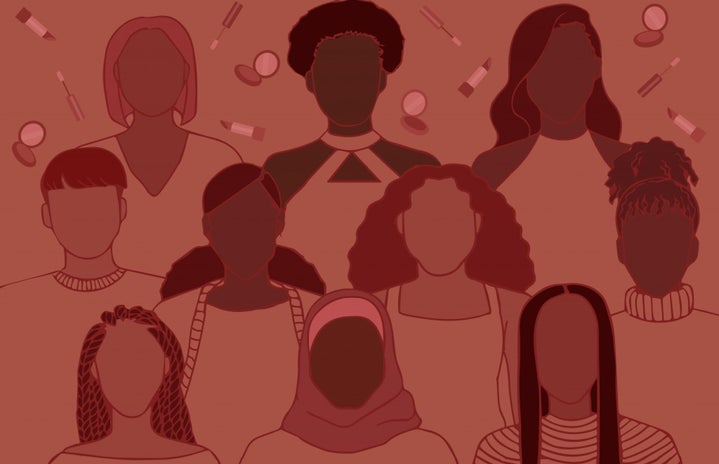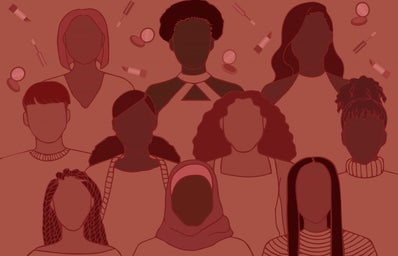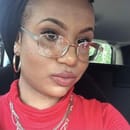‘Misogynoir’ as a term can be defined as the double discrimination that Black Women face, misogyny – policing of women, in conjunction with race, as Black people. I feel honoured to have been part of the teams conceptualising ideas behind the event, as these discussions reflecting on the intersectional aspects of the Black woman experience are necessary. Events in history and the present day send heavily flawed subliminal degrading messages about Black people and namely, Black women. To dismantle this, Black history and Black female empowerment remain relevant. It was a pleasure to watch the fruitful conversations and cleverly quotable contributions being put forward. I was looking forward to the event as a Black woman with a Muslim background, hearing others reflect on similar experiences, sharing thoughts and pointers.
The President of Bristol’s Afro-Caribbean Society chaired the event, hosting space for sharing the experiences of Black Women of Bristol university, past and present, with alumni Chanté Joseph, social media creative and Liv Little, founder of soaring publication Gal-dem. The panellists answered a series of in depth questions, with intricately considerate, illuminating responses. Each panellist formed as a unique figure, sharing individual experiences relating to their identities and gems on the theme of Black Womanhood.
The panellists were asked about their favourite parts of Black Womanhood; they touched on the sense of community and support shared amongst Black women. The idea that it is:
‘a politics that doesn’t just come from anger, but a politics that comes from love’
was shared, exhibiting the sentiment of community and support. Another response depicted the hairdresser experience: when going to get your hair done, ‘you’re absorbed into the ecosystem of the hairdressers’. This spoke volumes to me as hair is a pertinent subject for Black women. Black hair is another form of expression, community and bonding. Some of us have been subconsciously taught through generations that our hair is undesirable and unattractive due to its distance from Eurocentric ideals. So, dismantling this, from getting hair braided by a relative or a friend, experimenting with different styles, the dynamism and creativity of Black women with their hair can be seen universally.
On misogynoir towards Black Muslim women, reeling in faith as another aspect of marginalised identity, the hyper sexualisation of Black women was also mentioned. The false narrative that Muslim women are ‘oppressed’, also seen as asexual and ‘being checked on what they’re wearing’ with requirements to uphold modest dressing intertwines with this factor, thus posing an intersectional challenge, on Black women’s autonomy over their bodies.
Some detailed on a sense of feeling isolated in their experiences, seeking and creating spaces, for queer Black students and people of colour in the Feminist Society for example. This feeling of isolation could further be added through transphobic, racist abuse, and shocking, derogatory slurs that some have faced. It was also pointed out that considering harmful stereotypes such as the angry Black woman leads to suppression of emotions, which in my view, becomes deeply traumatic. It can become a stifling situation of self-censorship, to avoid being misconstrued.
While discussing these hard subjects, the passion and emotion infiltrated in the voices was observable through the speeches shared in ‘Misogynoir & beyond: Black Women Speak’. There were some elements of advice given by the alumni, such as knowing your worth. On engaging with the discussions from the panellists, I found myself clicking and nodding my head in deep agreement with the astute statements raised and beautifully expressed, such as:
‘as a Black woman […] you’re kind of like a default activist.’
This is one example that spoke volumes.
This article is part of a themed content week celebrating Black History Month.



